Mozambique: Chapo calls on district administrators to innovate and be sensitive to suffering
Mozambique: Justice ombudsman finds ‘breach’ of law by protestors, police
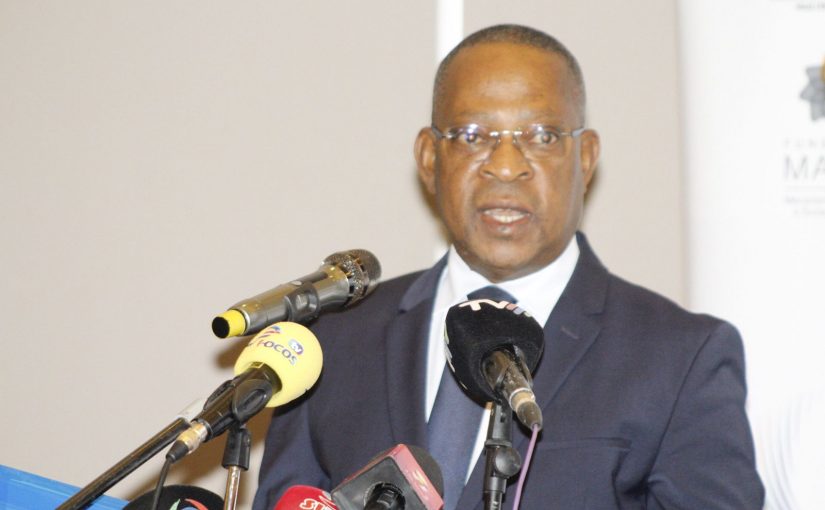
Photo: IMD - Instituto para Democracia Multipartidária
Mozambique’s justice ombudsman, Isaque Chande, recognised on Thursday the legitimacy of the call for demonstrations, but pointed to the “voluntary breach” of the law by the police and the people during the post-election protests.
“The promoters of the demonstrations are doing so legitimately and based on their constitutional consecration. On the other hand, the Police [PRM], as the entity responsible for security and public order, still doesn’t seem familiarised with or prepared to deal with this new reality, which we can’t turn a blind eye to,” said Isaque Chande.
Chande was speaking in Maputo at the opening of a round table on the theme of “Re-establishing Dialogue and Trust between Citizens, Police and Justice in the Context of Post-Election Demonstrations”.
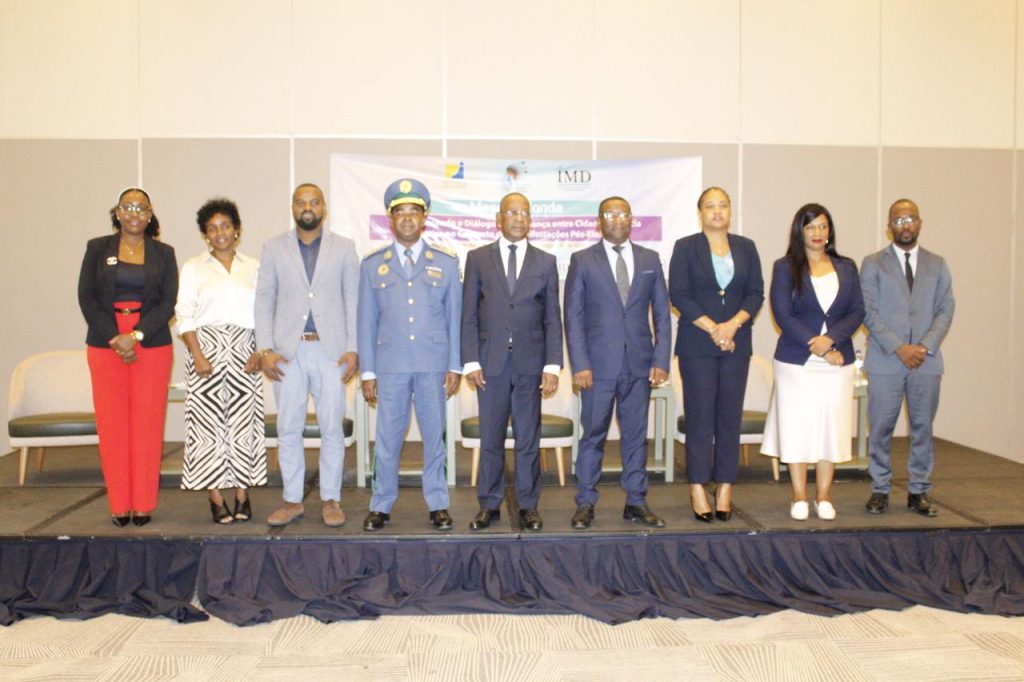
The justice ombudsman noted that the Constitution of the Republic proposes, among other things, the “close” observance of citizens’ fundamental rights and freedoms by the police, while at the same time imposing compliance with obligations, such as the legislation on the right to demonstrate.
Isaque Chande pointed to non-compliance with the law as one of the causes of the violence during these protests: “We are fully convinced that the problems we are experiencing in terms of exercising the right to freedom of assembly and demonstration are partly the result of a lack of voluntary compliance with the law, both on the part of citizens and the police.”
At the same event, organised by the Institute for Multiparty Democracy (IMD) in partnership with the Ombudsman’s Office and the National Human Rights Commission, the first deputy commissioner of the PRM, Fabião Nhancololo, said that the demonstrations that took place all over the country following the general elections on 9 October were not notified to the authorities.
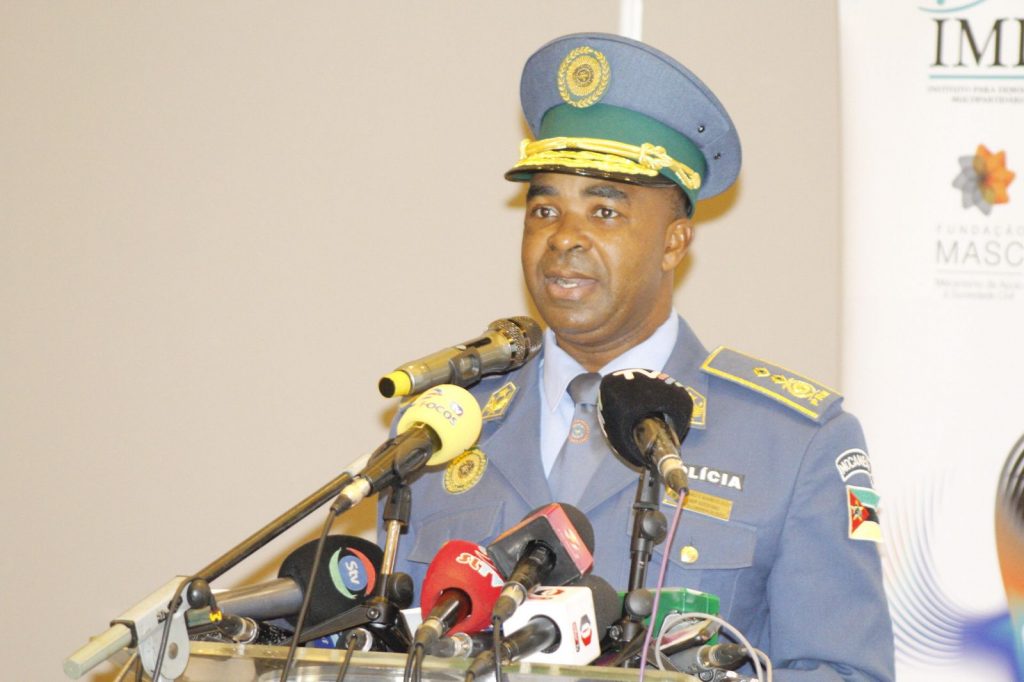
“We’ve all sometimes seen calls for demonstrations via WhatsApp and other means. [There was] a lack of communication, both from the administrative authorities and the police,” said the source, adding that this made it difficult to say how secure the protests were.
Mozambique has been experiencing severe social unrest since October, with demonstrations and stoppages called by former candidate Venâncio Mondlane, who rejects the election results of 9 October, which gave victory to Daniel Chapo.
Daniel Chapo and Venâncio Mondlane met in Maputo for the first time since the elections on 23 March. The following day, the former presidential candidate called for a halt to violence, and there have been no cases of social unrest associated with the electoral contest since then.
Since 21 October, when these protests began, at least 388 people have died, including around two dozen minors, according to Plataforma Decide, a Mozambican non-governmental organisation that monitors electoral processes.
However, Mozambique’s government has confirmed at least 80 deaths, as well as the destruction of 1,677 commercial establishments, 177 schools and 23 health centres during the demonstrations.


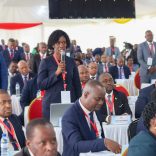

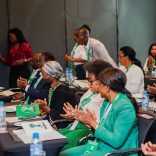
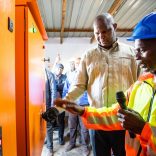







Leave a Reply
Be the First to Comment!
You must be logged in to post a comment.
You must be logged in to post a comment.